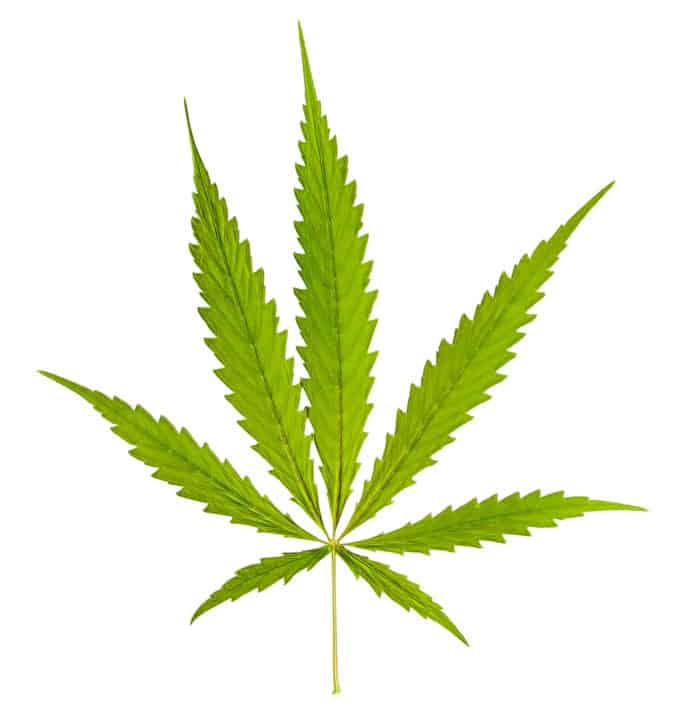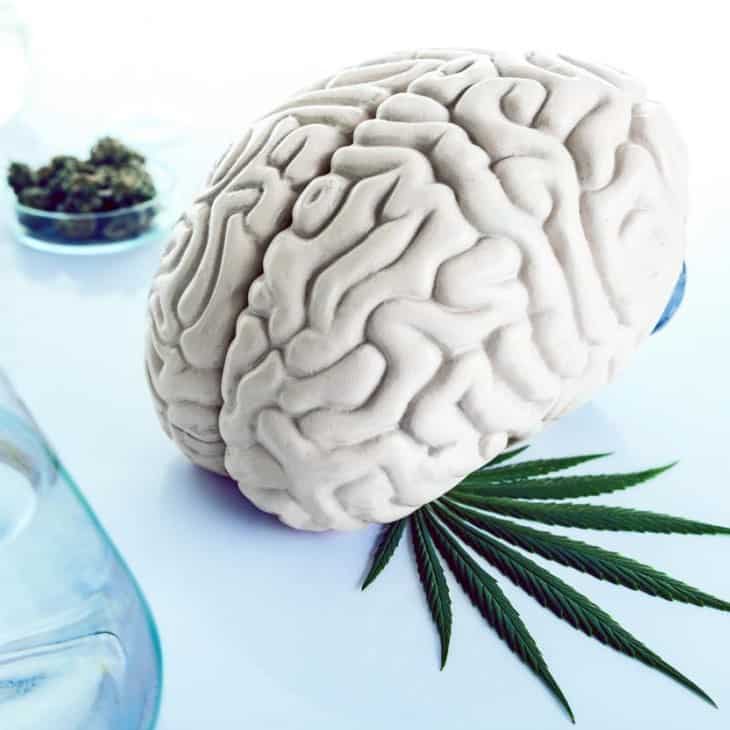Using Medical Marijuana for Epilepsy
People have used medical marijuana for epilepsy for various conditions since as early as the 10th century. Seizures are individual bursts of abnormal electrical activity in the brain. Epilepsy, on the other hand, is a chronic neurological disorder with repeated seizure activity. Worldwide, doctors diagnose epilepsy in people of all ages after a patient has two or more seizures. Epilepsy is now the fourth most common neurological disorder.
In recent years, using medical marijuana, particularly cannabidiol (CBD), for epilepsy has gained significant attention.
Medical Marijuana Shows Potential Benefits in Epilepsy.
Almost one-third of patients with epilepsy have seizures resistant to anti-seizure medications. Patients who have not responded well to traditional anti-seizure medications often find relief with medical marijuana, experiencing fewer seizures and improved quality of life. Patients use cannabis-derived CBD with conventional anti-seizure medications.
What Are Seizures?
Seizures are abnormal bursts of uncontrolled electrical activity in the brain. These sudden bursts cause short-lived changes in muscle tone or movements, behavior, feelings, and levels of consciousness.
Types of Seizures
There are many types of seizures, and they present in various ways. Symptoms may be subtle and complex to detect in some people.
- Generalized Seizures - affect both sides of the brain and include tonic-clonic (grand mal), absence (petit mal), and myoclonic.
- Focal Seizures - start in one area of the and can be simple (without loss of consciousness) or complex (with impaired awareness).
One type is an 'absence seizure' (called petit mal.) These patients often suddenly stop talking or moving and may be unable to break their stare for a short time. Lip-smacking, chewing motions, or eye fluttering are not uncommon. These spells end suddenly with a return to regular activity.
Additional symptoms vary and may include:
- Arm or leg jerking or twitching.
- Stiffness or limpness
- Loss of consciousness
- Emotional or cognitive changes
- Abnormal behaviors or sensations
- Confusion or an altered state of awareness
How Medical Marijuana for Epilepsy Helps
Medical marijuana, particularly its component cannabidiol, helps with epilepsy by interacting with the body's endocannabinoid system. This interaction plays a role in regulating various physiological processes, including epilepsy. The CBD component may be especially effective in this response.
Cannabidiol binds specific CB1 and CB2 receptors in the brain. Receptor binding blocks the release of enzymes that excite the neurons to cause convulsions. Of note, CBD may increase the level of some anti-seizure drugs in the body. The increased drug levels make anti-seizure medicines more effective. They may also change calcium levels, affecting cell signals.
Researchers believe the anticonvulsant properties of CBD stem from affecting the activity of neurotransmitters and ion channels. This effect helps to calm neuronal activity. Stable neurons work against the abnormal electrical discharges that cause epilepsy.
Clinical Evidence for Medical Marijuana for Seizures
The cannabis cannabinoids tetrahydrocannabinol (THC) and cannabidiol (CBD) act on cells in the body, including the brain. Research and clinical trials have found a marked reduction in seizures compared to a placebo. However, it's important to note that the effects of medical marijuana for seizures can vary depending on the individual and the type of seizure disorder they have. Some research suggests that THC, another compound found in medical marijuana, may increase the risk of seizures in some people. Despite this fact, many consider CBD safer than the THC component for seizure treatment.
Research data also shows cannabis is beneficial in those with treatment-resistant forms like Lennox-Gastaut syndrome and Dravet syndrome. The FDA-approved medication Epidiolex, derived from CBD, has shown promising results in managing these conditions. Although this drug helps many, some patients have side effects such as liver problems or suicidal thoughts.
What You Should Know About Cannabis Risks
There are risks associated with using medical marijuana for epilepsy. While cannabidiol (CBD) has shown promise in reducing seizure frequency and severity, it's essential to be aware of potential side effects and risks:
Weed products sold online or in stores are not FDA-regulated or approved. As a result, the lack of oversight leads to significant variations in quality. Notably, there is no government-sponsored third-party lab testing.
However, this type of cannabis purity testing is an emerging quality check. Street dealers often lace street weed with spice, K2, or PCP. As a result, these other psychoactive drugs may increase seizure risk.
In addition, dosing is erratic and may cause drug interactions. Of note, the level of THC in illicit medical marijuana is markedly higher. Consequently, CBD seems a safer and more effective for seizure treatment. So, despite the benefits of medical marijuana for epilepsy, self-treating with illegal weed may worsen the disease.
Additional risks include:
- Cognitive Effects: Marijuana affects memory and cognitive function.
- Potential Side Effects: Common side effects include drowsiness, loss or gain of appetite, increased liver enzymes, sleeplessness, increased risk of infections, rash, and diarrhea.
- Legal and Regulatory Issues: Medical marijuana's legal status varies by location, and regulatory challenges may need to be considered.
- Individual Variability: Not everyone responds to marijuana in the same way, and some individuals may experience adverse effects.
- Smoking marijuana may lead to lung problems.
Long-term Effects of Marijuana on the Brain
Medical marijuana affects the average growth of brain cells. Immature brains, as found in babies, children, and teens, are susceptible to the harmful effects of THC. Studies suggest that cannabis use by pregnant mothers may lead to many problems. Children may have attention, memory, problem-solving skills, and behavior. A recent survey of cannabis use in pregnancy links it to mental and behavioral health issues in kids.
Using cannabis before the age of 18 may affect learning and attention. There may be lasting or even permanent effects. Kids using cannabis with memory problems may perform poorly in school. The impact of marijuana use on the brain depends on:
- How often is the patient using it?
- THC content or level in the product.
- Age of first use.
- There is a more significant impact if patients are using other substances (i.e., tobacco and alcohol) at the same time.
There are potential long-term effects of marijuana on the brain, especially with heavy and prolonged use. Some of the key findings include:
- Cognitive Decline: Long-term cannabis use has associations with impairments in memory, learning, and processing speed. Studies have shown that heavy users may experience a decline in IQ and cognitive function over time.
- Hippocampal Volume: Research indicates that long-term cannabis users may have smaller hippocampi, the region of the brain responsible for learning and memory.
- Brain Fog and Motivation: Some individuals may develop brain fog, lowered motivation, and difficulty with attention and learning.
- Substance Use Disorders: Long-term use of marijuana can increase the risk of developing substance use disorders.
Thinking of Using Medical Marijuana for Seizures?
However, it's important to note that while some people experience significant benefits, others may not respond as well, and there can be potential side effects and risks. The use of marijuana for medicinal purposes should always be discussed with a healthcare professional, as it may interact with other medications and can have potential side effects such as dizziness, drowsiness, and impaired cognitive function.
In Summary:
While a single seizure doesn't necessarily indicate epilepsy, recurrent seizures may warrant further evaluation and management. While cannabis has shown to be helpful in many conditions, always consult a marijuana doctor before starting any treatment to weigh the potential benefits and risks.



Comments are closed.